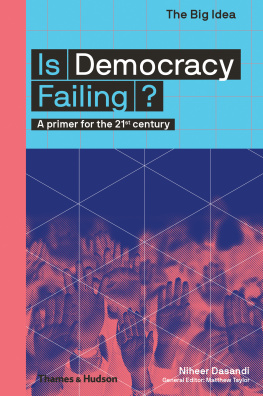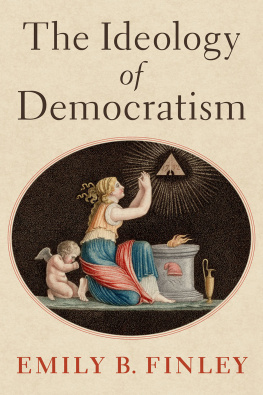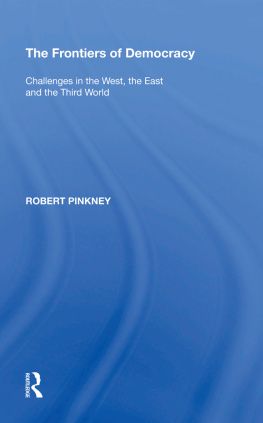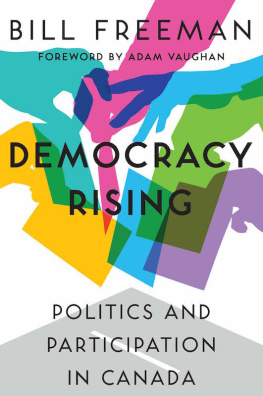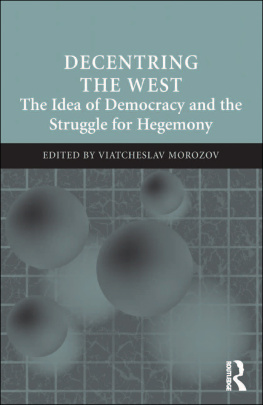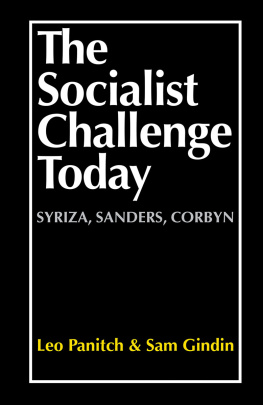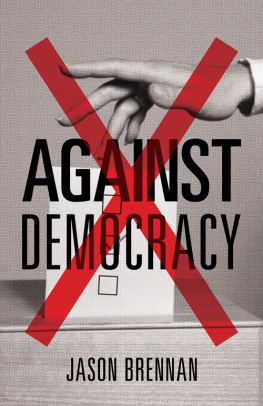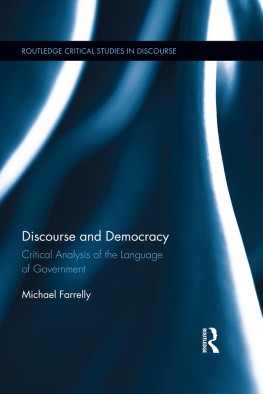Quick-recognition text hierarchy
Read this book in the way that suits you best. Paragraphs are prioritized using different font sizes. The larger the font size the more important the words are to the overall concept or argument.
So, if you only have half an hour to spare, just read the paragraphs set in the two largest font sizes and youll still get a basic overview of the subject.
With an hour at your disposal, get a deeper understanding of the principles and arguments by reading all the paragraphs apart from those in the smallest font size.
If you can set aside a couple of hours, youll be able to read the entire book and get both a well-balanced overview and a detailed comprehension of individual concepts.
Pertinent and punchy imagery
Images are as much a part of the debate as the text itself. Juxtaposed in a thought-provoking way, or used to expand on the argument, they offer additional insights throughout.




About the Author and Editor
Niheer Dasandi is a Fellow in the School of Government and Political Science at the University of Birmingham, as well as a Research Fellow with the Developmental Leadership Program (DLP). He completed his doctorate in Political Science at UCL in 2013, before which he spent two years working for the United Nations Development Programme. His current research focuses on the links between inequality and poverty, the politics of policy reform in developing countries, the political economy of aid and development, and political-bureaucratic interactions. He has written a number of academic papers and articles for national newspapers, including the Guardian.
Matthew Taylor is Chief Executive of the RSA, a 250-year-old British institution devoted to enriching society through ideas and action to deliver a 21st-century enlightenment. A writer, public speaker and broadcaster, he has written numerous articles on policy, politics, public service reform and cultural theory, and frequently appears on Newsnight, The Daily Politics, and Radio 4s Today and The Moral Maze. He was previously General Secretary and Chief Executive of the Institute for Public Policy Research, Britains leading think tank.
Other titles of interest published by
Thames & Hudson include:
Is Capitalism Working?
Is Gender Fluid?
What Shape Is Space?
See our websites
www.thamesandhudson.com
www.thamesandhudsonusa.com
Contents
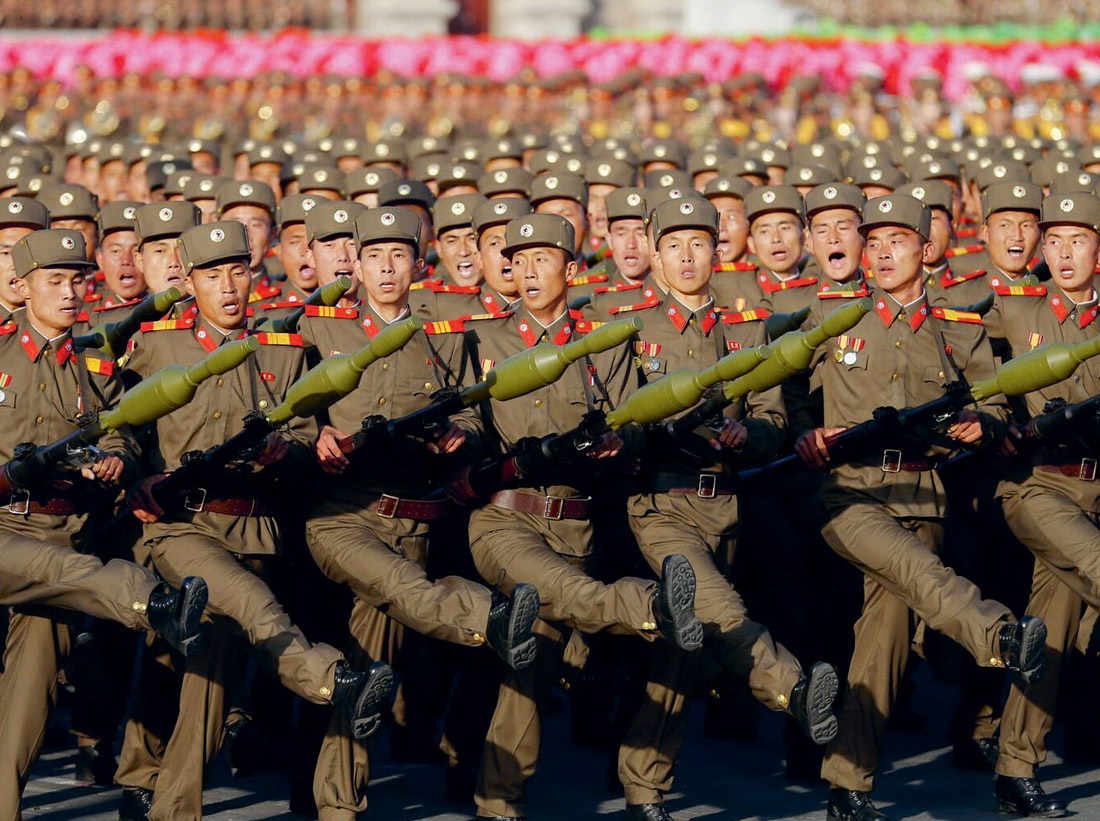

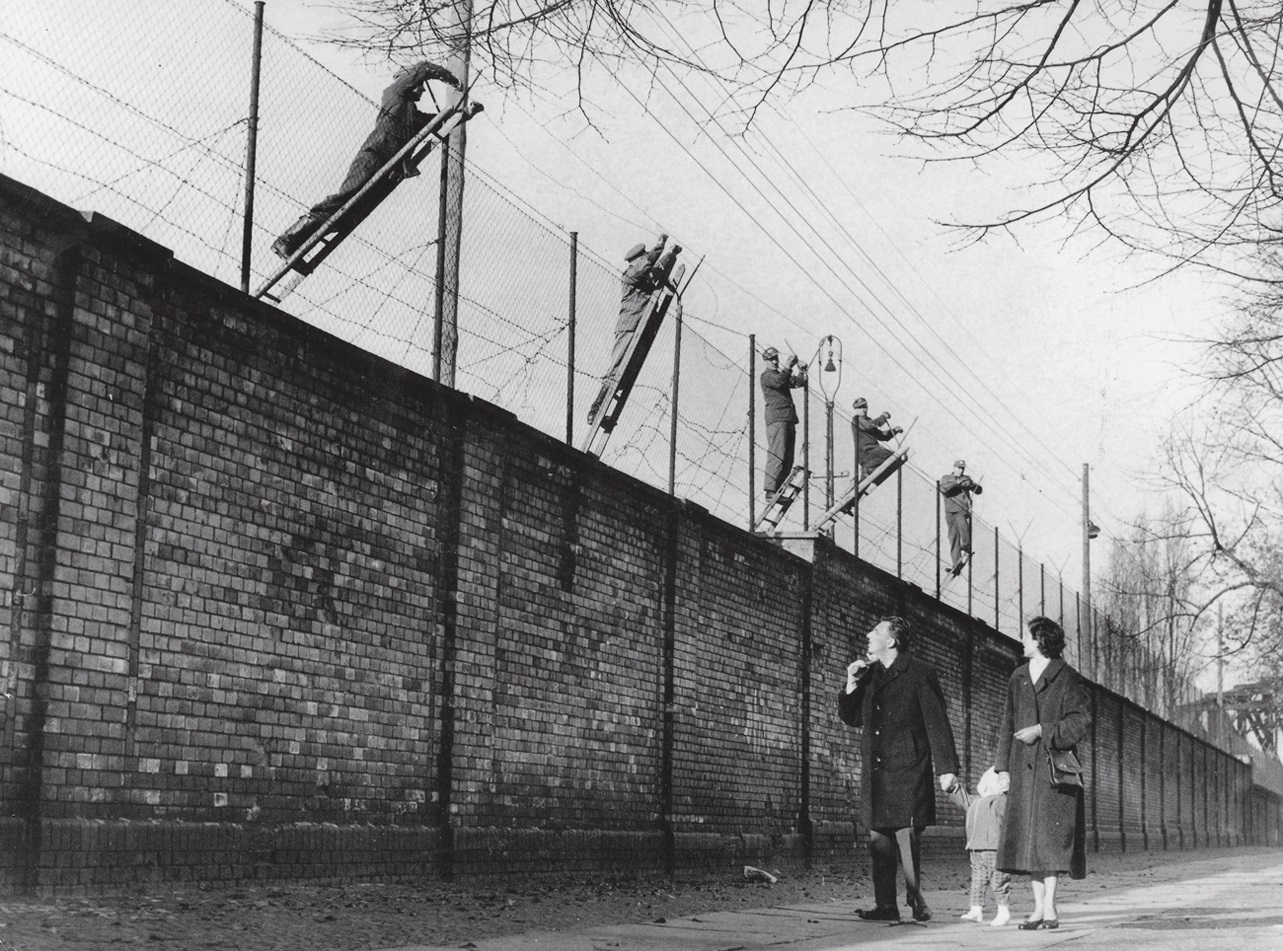
A East Berlin border guards add barbed wire to the newly built wall in November, 1961. During the Cold War, the Berlin Wall was seen as both a physical and ideological barrier that separated the authoritarian East bloc from the democratic West.

B The Berlin Wall, seen here in 1961, was a guarded concrete barrier that separated West Berlin and East Berlin. The fall of the Berlin Wall in 1989 was seen by many around the world as symbolizing the triumph of democracy over other forms of government.
Is democracy failing? is one of the most important questions facing the world today.
The answer has profound implications for all of us, because no system of government in history has provided people with more freedom, prosperity, peace and stability than democracy.
Since the end of World War II, democracy has been seen globally as the political system with the most legitimacy. Indeed, the latter part of the 20th century saw mass movements around the world calling for dictatorships to be replaced by democratic governments that enable people to have a say in how their societies are governed. But less than 30 years after the fall of the Berlin Wall in 1989 an event that for many signalled the triumph of democratic governance over other political systems democracy has come under threat around the world. A rise in nationalist politics has seen the advance of leaders in democratic countries, from the USA to Hungary, who have crushed political opposition, stifled free speech and dissent, attacked the press, restricted civil society organizations, curbed the independence of the judiciary and stamped on the rights of minorities. In short, they have looked to dismantle the political institutions that form the basis of democracy. Of particular concern is that these leaders have come to power as a result of widespread discontent with democratic politics. This has fuelled growing concerns that democracy is failing. However, many question this bleak view of recent trends in democracy.
Political institutions broadly refer to a set of rules, organized practices and shared understandings that govern political behaviour and interactions in a society.
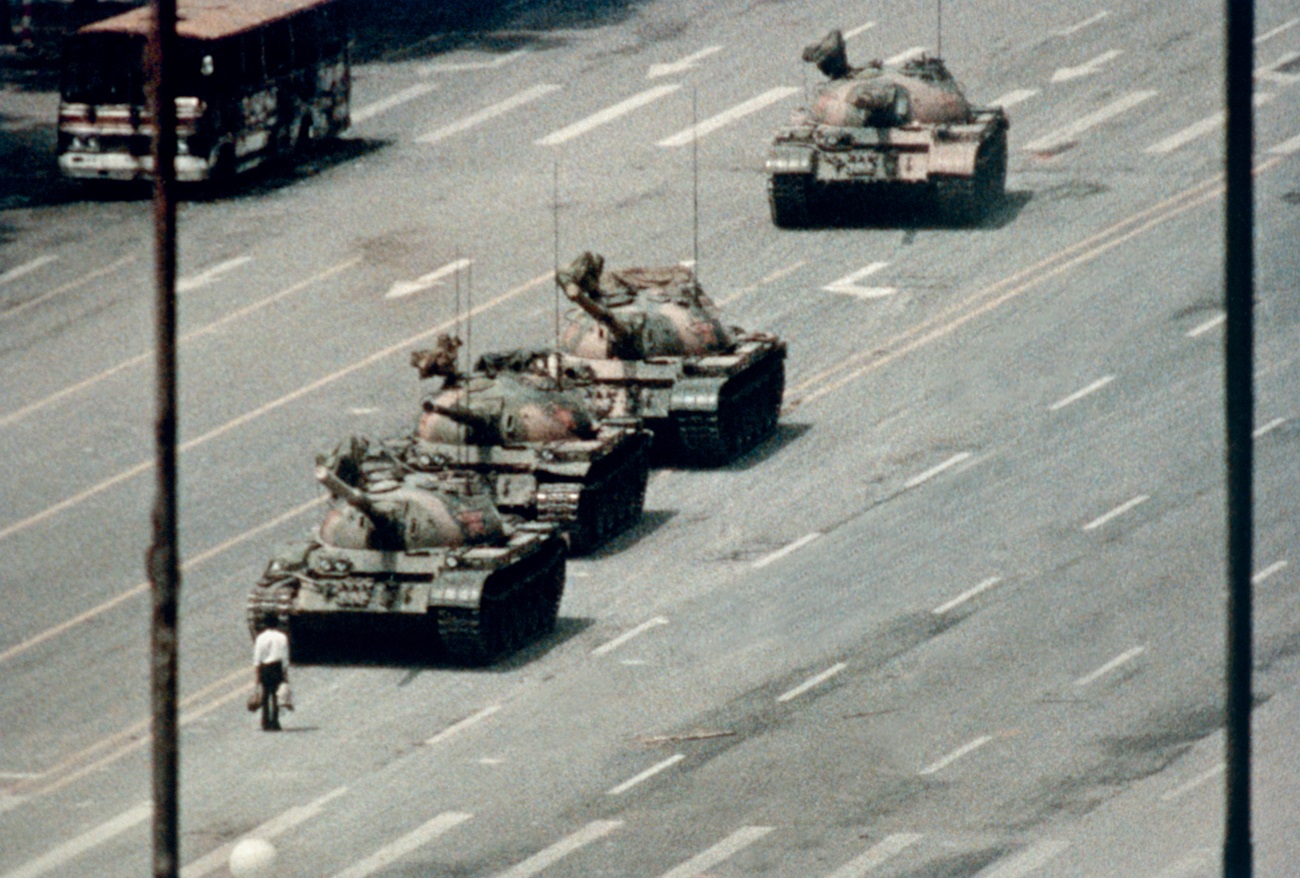
C The latter half of the 20th century saw growing calls for democracy around the world. In 1989 a student protest demanding democracy in China led to troops firing on protesters in Tiananmen Square, Beijing. This photograph of a protester standing in front of army tanks to prevent them advancing is one of the defining images of people standing up to authoritarian rule.
The majority of the leaders who have caused unease about the state of democracy, such as US President Donald Trump (b. 1946), have come to power through democratic elections. In fact, the world has never seen so many leaders democratically elected to office. For example, in the past few years, democracy has even begun to take root in countries such as Burma, which has long been associated with brutal dictatorship. How, then, can democracy be failing?

A Aung San Suu Kyis victory in Burmas 2015 elections signalled its transition from brutal military dictatorship to emerging democracy. She had been placed under house arrest by the military regime for years in response to her election victory in 1990, which the military refused to recognize. Since her victory, she has been criticised for failing to address the persecution of the Rohingya people.
Diverse perspectives on the state of democracy are largely due to differences in how people understand democracy. For this reason, in order to answer the question of whether democracy has failed, we first need to establish what is meant by democracy.

